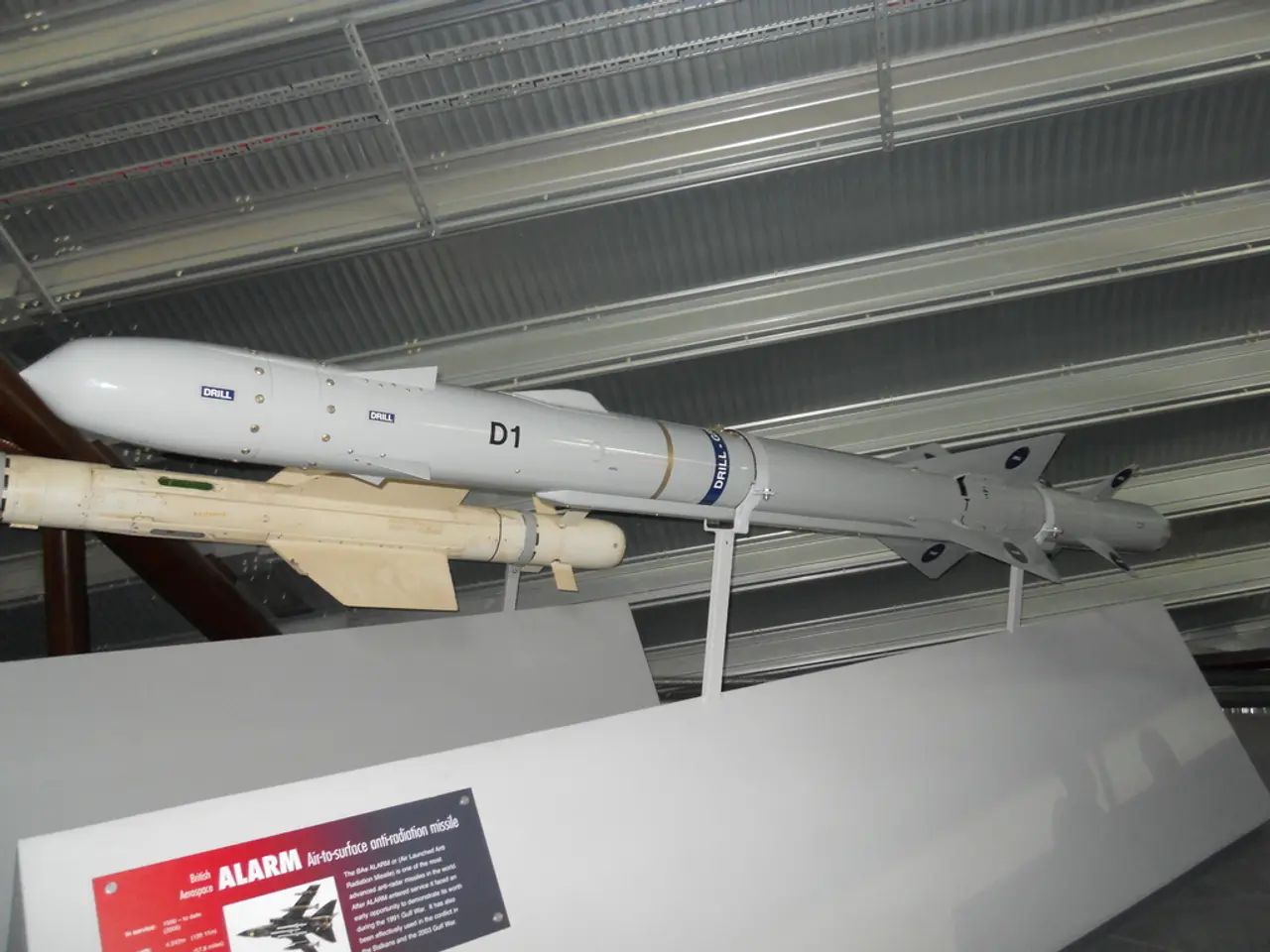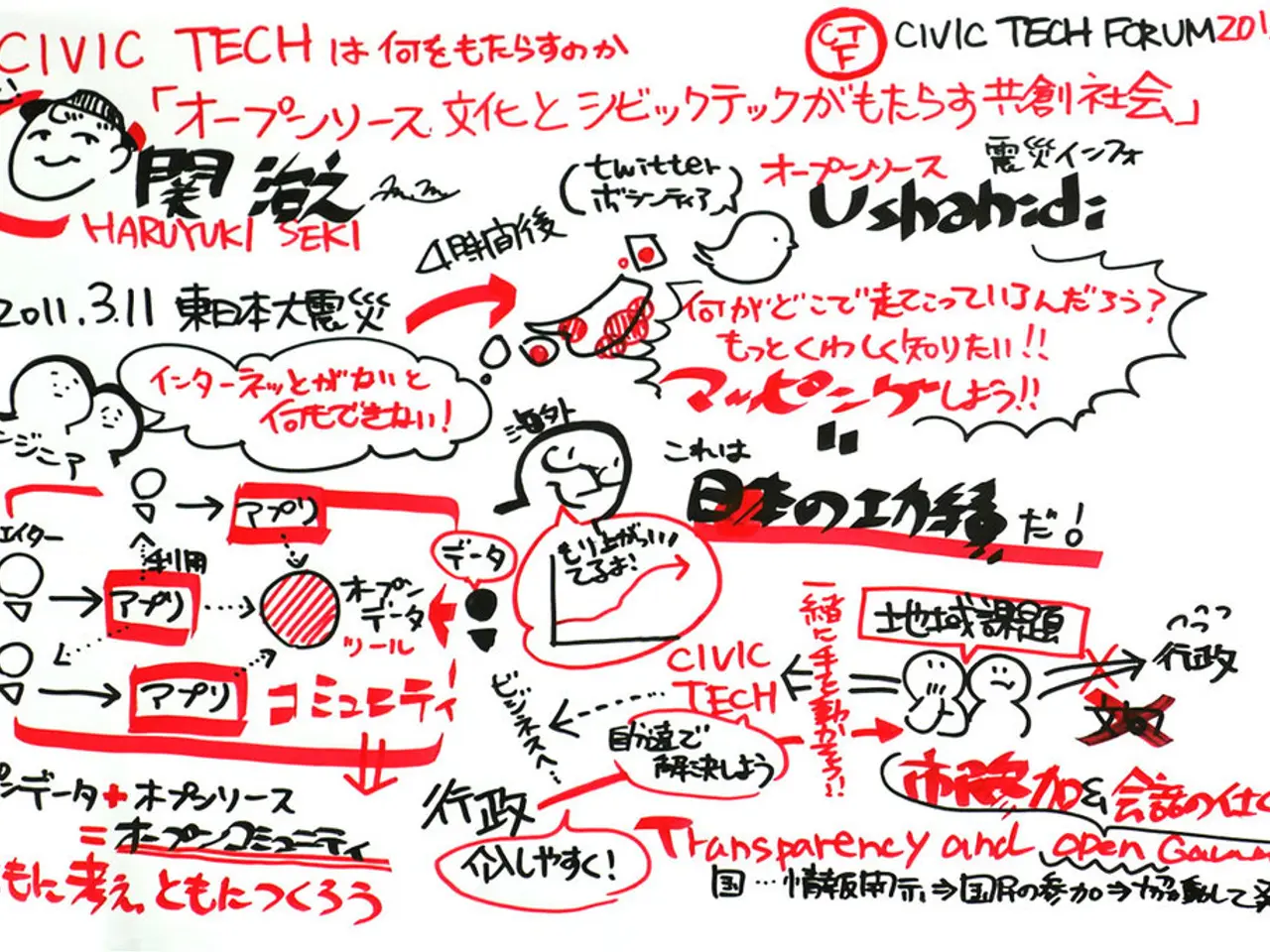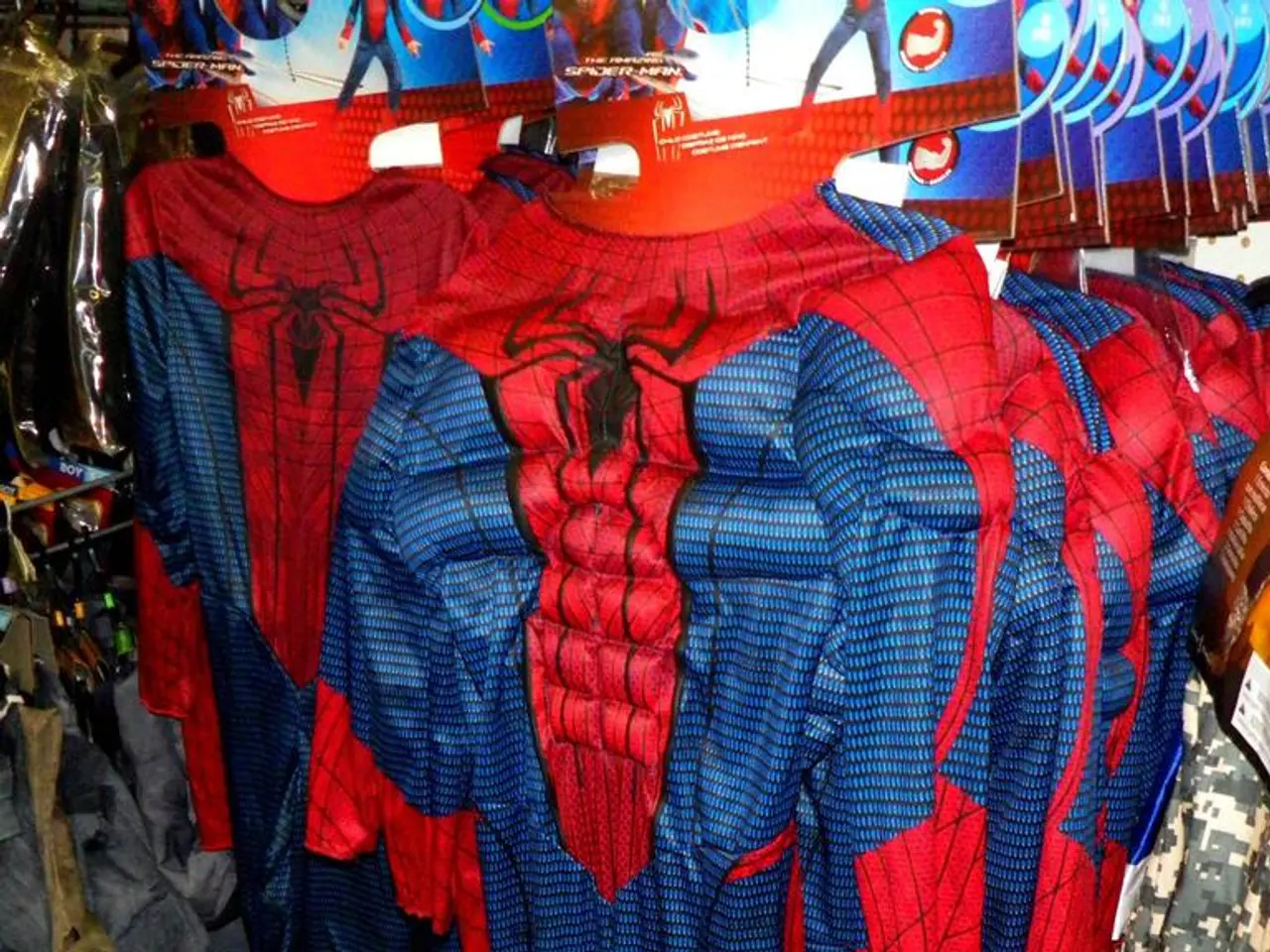Investigating the Disclosure: Revealing Eight Taiwanese Military-Industrial Firms Listed in Mainland's Export Regulation Database
In a significant move, the Chinese Ministry of Commerce has added eight entities from Taiwan's region to its export control list. This decision aims to safeguard national sovereignty and maintain peace across the Taiwan Strait.
The listed enterprises are deeply involved in key military-industrial projects across fields such as shipbuilding, aerospace, aviation, missile systems, and submarine technologies.
In the realm of shipbuilding, CSBC Corp., Jong Shyn Shipbuilding Group, and Lungteh Shipbuilding are involved in the construction of naval vessels and submarines.
Aerospace and missile technologies are the domain of Aerospace Industrial Development Corp. (AIDC), Geosat Aerospace & Technology, National Chung-Shan Institute of Science and Technology, JC Tech, and GWS Technologies. These companies are linked to Taiwan's military research and manufacturing, contributing to aviation, air defense missiles, surface-to-air and anti-ship missile systems, and other advanced military aerospace projects.
Notably, GEOSAT Aerospace & Technology Inc. primarily focuses on the development of drones, while AIDC is responsible for developing military aircraft models and participating in the maintenance and upgrade of F-16 fighter jets purchased by the Taiwan military from the US.
The export restrictions prohibit China from exporting dual-use items — goods, software, or technology with both civilian and military applications — to these entities under China’s Export Control Law.
The Chinese Ministry of Commerce accused these entities of cooperating with separatist forces seeking Taiwan independence. This action targets enterprises deeply embedded in Taiwan’s military supply chain and projects, reflecting China's firm countermeasures against Taiwan’s military buildup.
Taiwanese analysts suggest that the impact may be limited, as Taiwan’s military-related industries reportedly have weak or minimal supply chain ties with China. However, these companies cover essential military projects in Taiwan’s defense capability development, including naval shipbuilding and advanced missile and aerospace systems.
The decision will impact key technologies used in Taiwan's domestically developed warships and other defense projects. For instance, CSBC Corporation, Taiwan is a major contractor for the Taiwan navy and is currently responsible for the development of Taiwan's self-made submarine. Similarly, JC Technology Inc. has developed the Flyingfish suicide drone, which is similar to the Switchblade.
The move will also disrupt production at these firms, particularly in the production of bulletproof vests and other protective gear, given the Chinese mainland's dominant position in the global bulletproof fiber market, with an over 70 percent share.
The recent moves by Taiwan regional authorities have strained cross-Straits relations, and the control list delivers a clear warning to Taiwan authorities if they continue down the path of "seeking independence through military buildup."
[1] "China adds eight Taiwanese firms to export control list." Reuters, 2021. [2] "China adds Taiwanese defence firms to export control list." BBC News, 2021. [3] "China adds Taiwanese defence firms to export control list, citing national security concerns." Al Jazeera, 2021. [4] "Taiwan's military self-sufficiency claims are largely hollow, analysts say." South China Morning Post, 2021. [5] "Taiwan's military relies heavily on China for components, raw materials and key hardware and software." Nikkei Asia, 2021.
- The recent addition of Taiwanese entities to China's export control list raises concerns about the political implications of war-and-conflicts, with the Chinese Ministry of Commerce citing national security concerns and accusing these enterprises of cooperating with separatist forces seeking Taiwan independence.
- Beyond military-related sectors, the impact of the export restrictions could be felt in the general-news realm, as China's dominant position in the global bulletproof fiber market may lead to disruptions in the production of bulletproof vests and other protective gear at affected Taiwanese firms.







